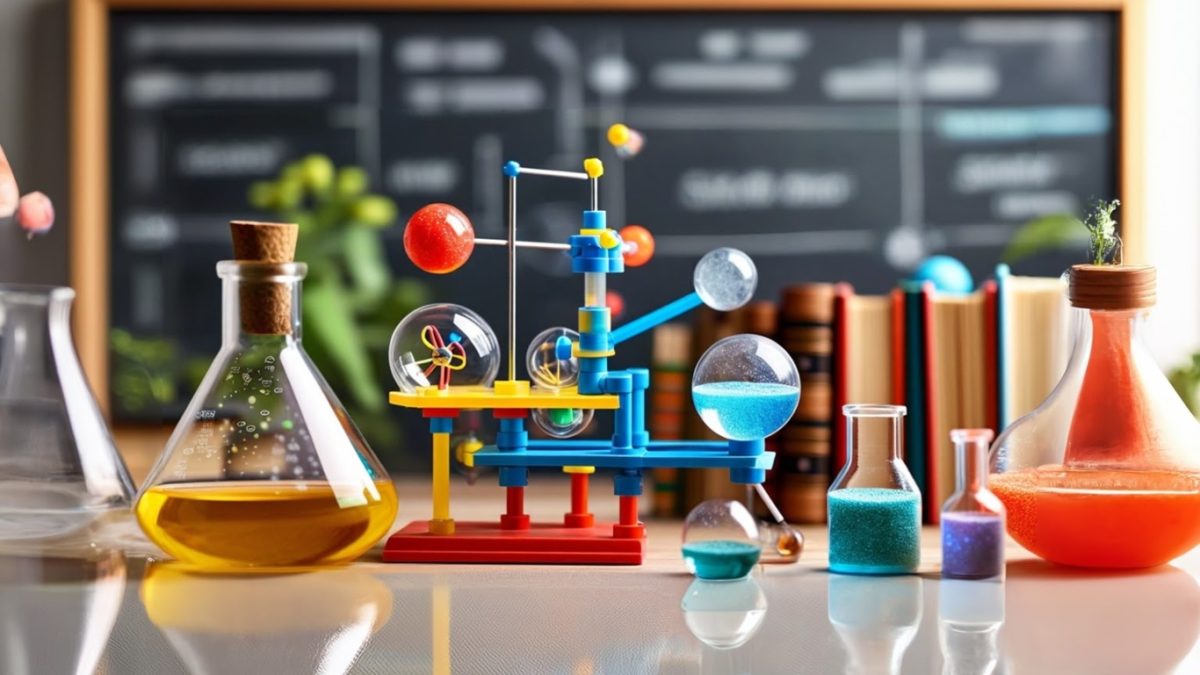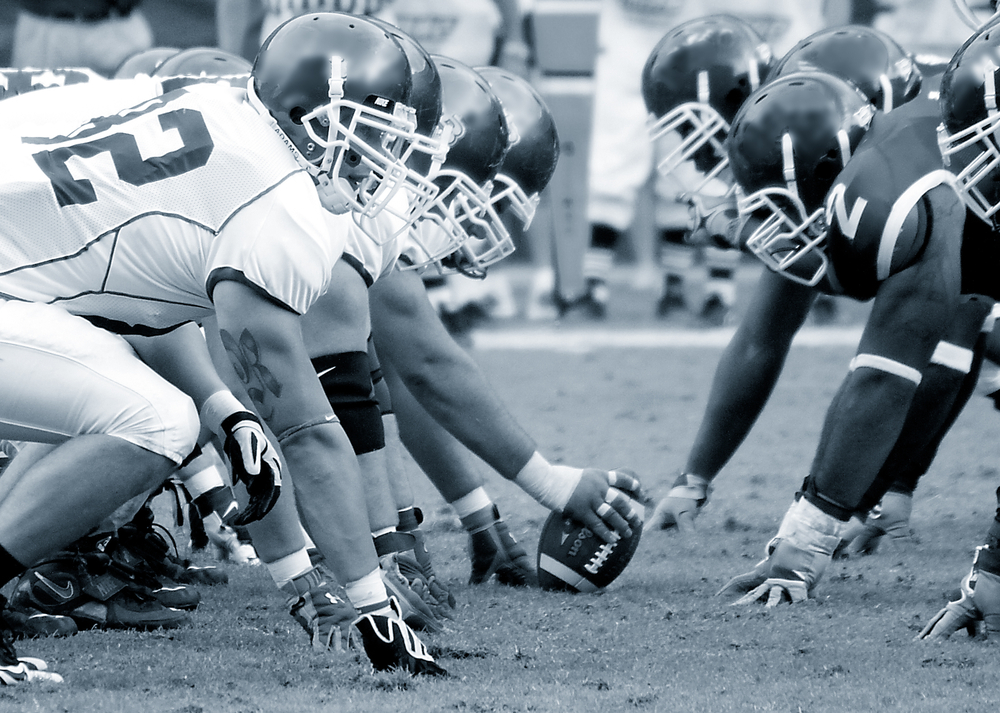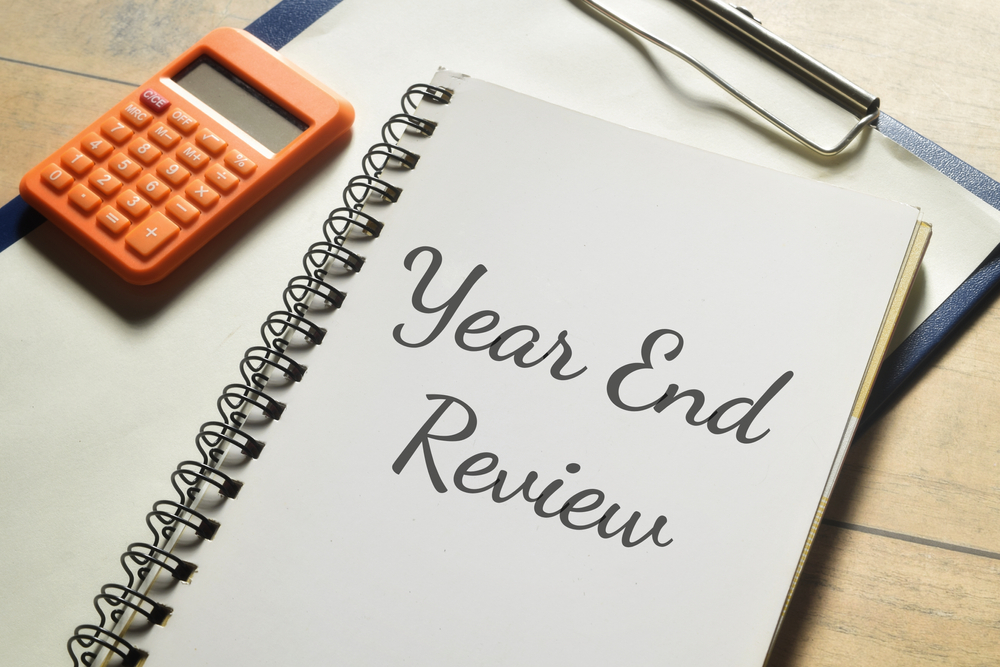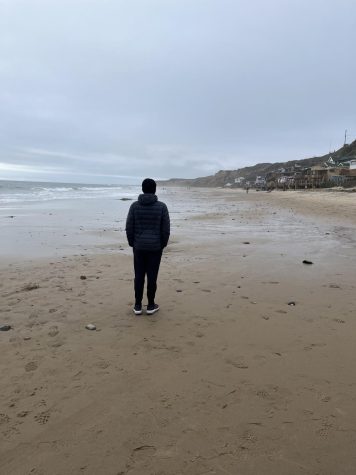Over the last two academic years, Montclair High School has faced the continued impact of the national teacher shortage. The area that has been impacted the most is STEM-related classes.
Last summer, MHS was short a biology, physics, chemistry, Advanced Placement biology/anatomy and physiology, and earth science teacher. Since then, the biology, physics, chemistry, and AP biology/anatomy and physiology positions have been filled, but the school has still not been able to fill the earth science position.
With many science teachers teaching an additional class to fill the gaps, Assistant Principal Elizabeth Marflak agreed that the teacher shortage has hit MHS’s science circle.
“Yes, there is a national shortage of science teachers, which continues to be a challenge across the country. While there is a general teacher shortage overall in the United States, it is especially significant in STEM fields.” And the shortage is expected to get worse before it gets better.
Marflak said t the school has been interviewing people to fill the position and that she is optimistic that MHS will be able to fill these open posts. Her biggest goal is to find someone who not only has strong content knowledge but can also connect well with students and align with MHS’s values.
On the other hand, some teachers are not so optimistic that we will be able to fill the national teacher shortage issues. MHS science teacher Dawn De Mayo said that she is not very optimistic because fewer and fewer people are entering the profession.
Many people are not wanting to enter the teaching profession because of all the new “challenges.” For example, the Chromebook challenge, circulated on TikTok, encourages students to insert a sharp object into the charging port, causing the lithium batteries to explode. Phone and technology usage in class is another reasons why people are not entering the teaching profession.
“I am optimistic that we’ll be able to fill the position with a strong candidate,” Marflak said. “However, if we are unable to hire a new teacher, I would ask our current certified science teachers if they would like to take on [or continue teaching] an additional class. This approach ensures students still receive quality instruction from experienced staff. However, there are some difficulties that come with teaching an extra class, De Mayo said.
“With extra classes, there are quite a few challenges…Time management is a big one. With only one free period a day (on some days, none), there is no time to get things done at school. I used to be able to grade, make copies and plan at school. Now all that has to be done at home. Also, the transition from class to class is tough. On any given morning, all three periods are DIFFERENT classes…so it is tough to go from Forensics to Geo [Geoscience] to Environmental, for example. There is also a physical toll on a person with teaching seven classes.”
De Mayo said one of the biggest suggestions is to get certified in more than one subject matter. “For someone who wants to be a science teacher, my advice would be to get certified in more than one subject matter – for instance, Bio and Chem – and also make sure you know your technology.”














